
Vietnamnet
2144 newsArticles by author
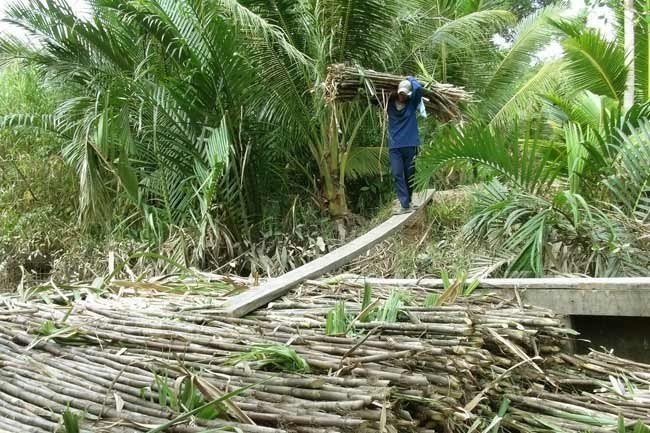
Smuggled sugar imports are seriously damaging domestic sugar industry
The Vietnam Sugarcane and Sugar Association (VSSA) has asked for help as smuggling is killing the domestic sugar industry and causing Vietnamese sugar companies to go bankrupt.
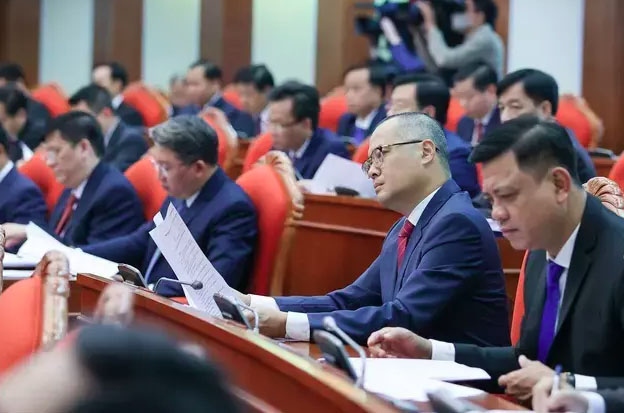
Politburo: 400 cadres to be sent abroad for training
From now to 2025, about 400 cadres will be sent to training courses abroad each year. From 2026 to 2030, the figure will be 500.
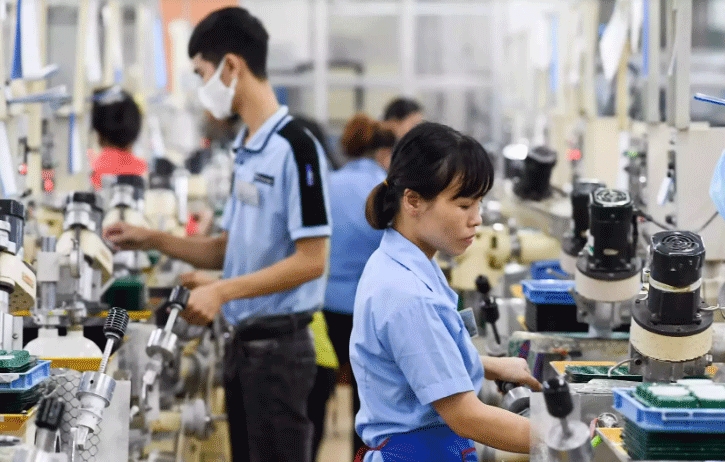
The paradoxes of growth
The high economic growth rate and the prosperity of a number of business fields in H1 demonstrates the judiciousness of the decisions to change the country's COVID-19 prevention and control strategy.

Despite high salaries, tech firms are seriously short of game coders
The shortage of coders, which is at a red alert stage, could hinder the development of Vietnamese game production firms.
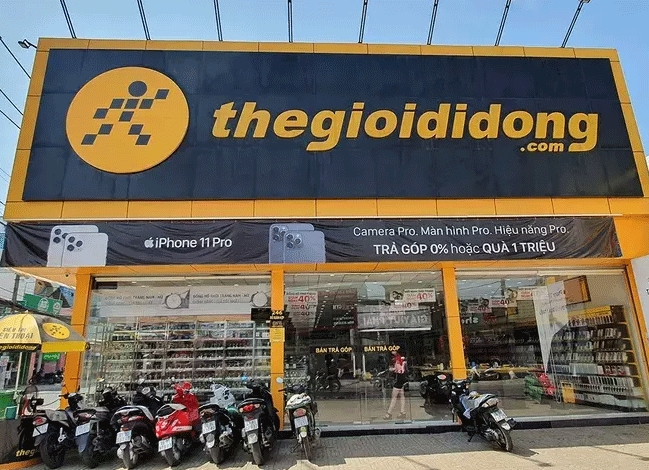
Retail giants to sell low-cost products
With powerful financial resources, big retailers are organizing retail chains that sell a wide variety of lower priced goods.
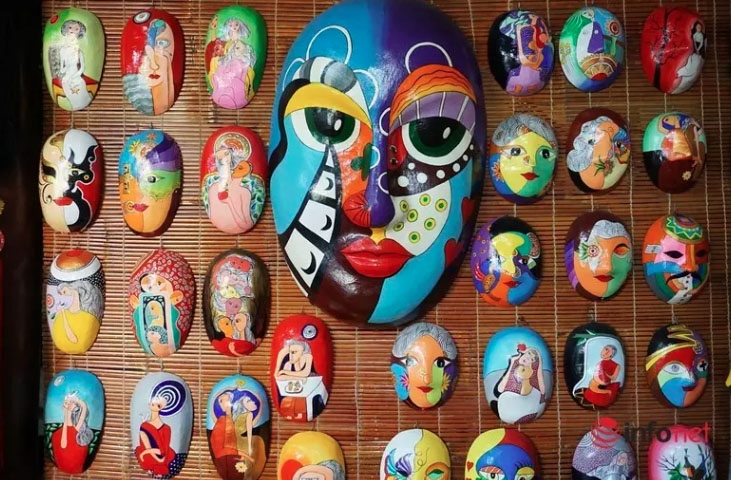
‘Time Masks’: 67-year-old artisan’s unique craft in Hoi An
Exhibited in the traditional-style workshop, hundreds of masks with their own identity are given the unique and exotic name – “time masks”.

Vietnamese digital-asset investment app licensed in Europe
Encouraged by the great success of Axie Infinity, Vietnamese startups are becoming increasingly self-confident in entering choosy markets.
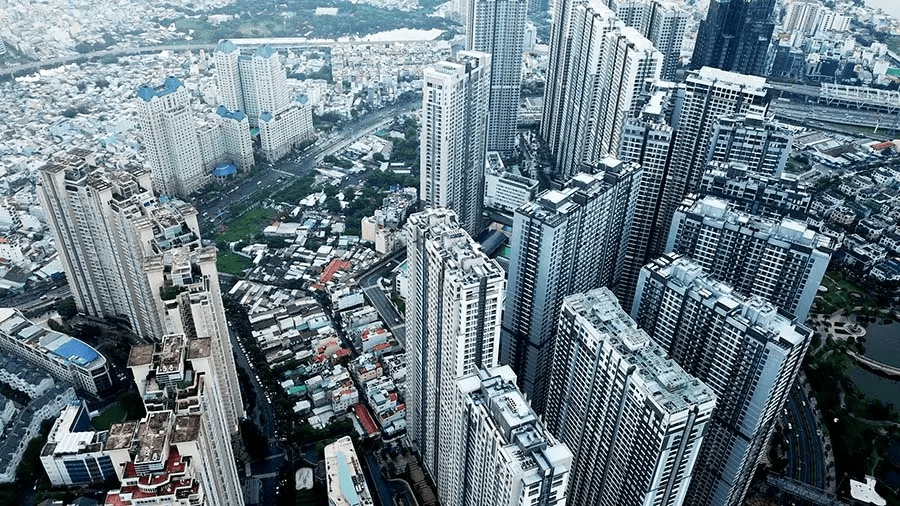
HCM City real estate: more high-end property, but fewer affordable products
For high-end large-scale projects and developers with projects that need to borrow capital, the HCM City People’s Committee believes that it’s necessary to strengthen supervision over the granting of credit.

Hotels in foreign-tourist area unoccupied despite sharp fall in rent
Hotels on Bui Vien street in HCM City have become dorms, while Japanese-style restaurants have shut down after incurring big losses.

Vietnamese woman in France becomes successful author of books about crochet
Born in Vietnam and now living in France, the 30-year-old mother has become an author of books in France after several years of pursuing her passion: crochet.
